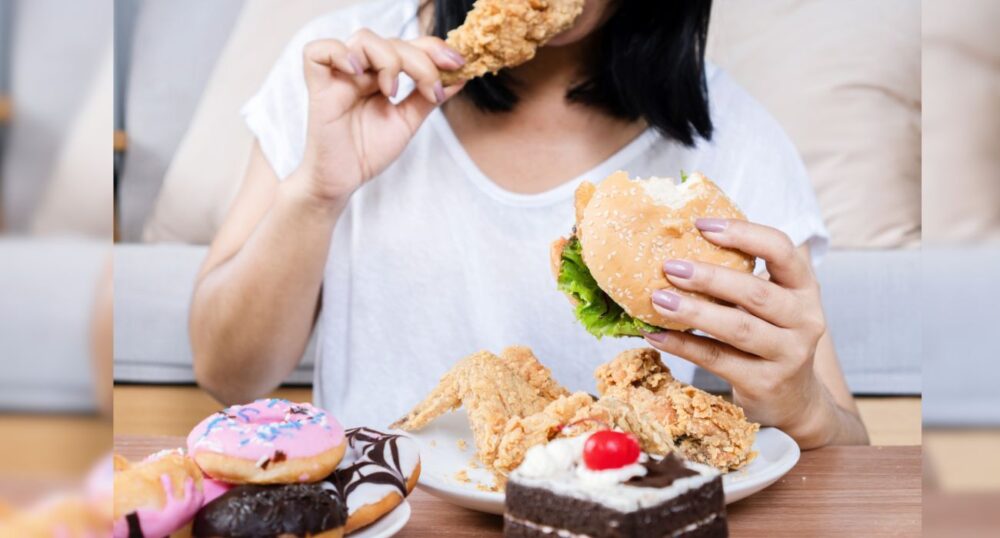For some people, a cup of hot cocoa or green tea during periods of stress could help protect them from the negative impacts of fatty comfort foods.
Researchers from the University of Birmingham say that when stressed, consuming flavanol-rich drinks can help counteract the adverse effects of high-fat foods.
Fatty foods can harm vascular function and the brain’s ability to obtain oxygen; however, flavanol compounds, found in high levels in cocoa and green tea, can blunt some of the effects.
According to the study’s authors, when stressed, individuals who paired a low-flavonol drink with the consumption of fatty foods reduced blood vessel function for upwards of 90 minutes following the end of the stressful event. Taking a flavonol-heavy drink, like hot chocolate, instead, however, prevented the decline in blood vessel function.
The findings were published in the journal Food & Function on November 18.
This is not the first time flavonols have been linked to health benefits.
As previously covered in The Dallas Express, foods packed with flavonols, like wine, have been shown to defend against cognitive decline. These compounds are known as phytochemicals and are found in plant pigments.
Dr. Catarina Rendeiro, assistant professor in nutritional sciences at the University of Birmingham and lead author of the study, said that people often opt for fattier foods when stressed, which can “impair the body’s vascular recovery from stress,” per Sky News.
“In this study, we wanted to see if adding a high-flavanol food to the fatty meal would alleviate the negative impact of stress in the body,” said Rendeiro.
Jet Veldhuijzen van Zanten, professor of biological psychology at the University of Birmingham, recommends people consider consuming some green tea or cocoa when they find themselves stress-eating fattier snacks.
“For those who tend to reach for a treat when stressed or depend on convenient food because they work high-pressure jobs or are time-poor, incorporating some of these small changes could make a real difference,” says van Zanten.


